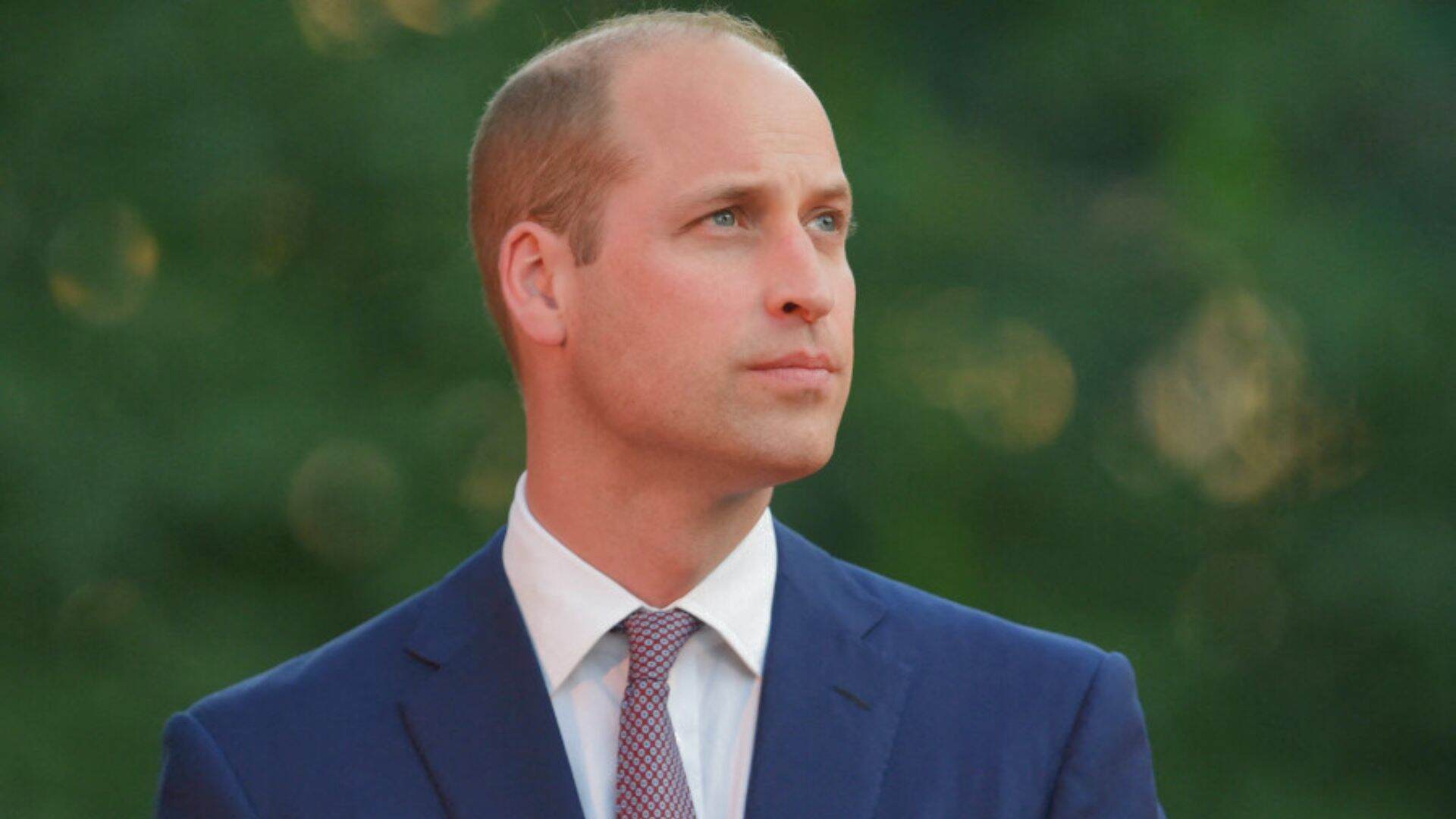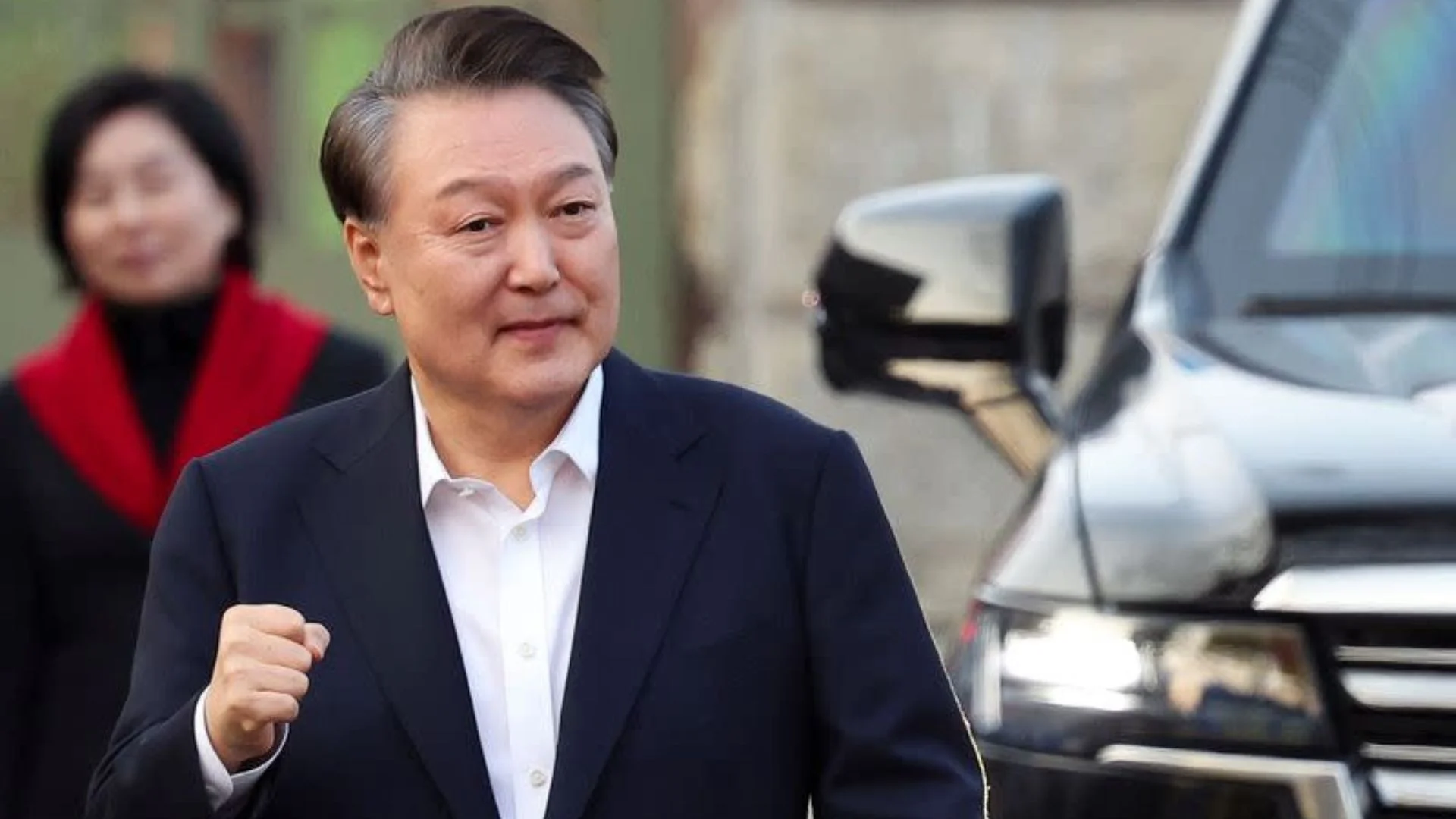Much of the British royal family’s financial arrangements remain a mystery. Questions frequently arise about whether they derive income from personal estates or government allowances. These uncertainties have long intrigued many observers.
Critics frequently contend that a significant portion of taxpayers’ funds goes towards covering the expenses of the royal family. Recently, a viral post alleged that Prince William earned £2 million (approximately Rs 21 crore) in just four weeks.
The X post claims, “Prince William took 4 weeks off, during which he received £2m, but it’s ok because he went to a Food Bank for a few hours. Food Banks that wouldn’t exist if we didn’t have billionaires who steal all the money.”
The post concerns the break Prince William took after his wife Kate Middleton’s cancer announcement. He resumed his royal duties on April 18 with a visit to Surplus to Supper, a food bank. Since its posting on June 22, the post has garnered 140,000 views.
The debate over whether Prince William earned Rs 21 crore in two months is complex and lacks a definitive answer. However, it’s crucial to clarify that his income does not come from taxpayers’ money. Prince William is financially supported by the Duchy of Cornwall, a private estate established in 1337. This estate spans 52,449 hectares of land and includes residential and commercial properties, farms, and coastline.
The income generated from the Duchy of Cornwall supports all charitable and personal endeavors of the Duke of Cornwall, currently held by Prince William. Following him, the estate will be inherited by Prince George, in accordance with a rule change implemented in 2015, which ensures that the monarch’s eldest child, irrespective of gender, inherits the Duchy of Cornwall.
Prince William received approximately £6 million (about Rs 63 crore) in private income from the earnings of the Duchy of Cornwall. According to information on the Duchy of Cornwall’s website, the Prince of Wales pays income tax on his earnings from this estate. Notably, he voluntarily opts to pay this tax, despite not being legally required to do so.









